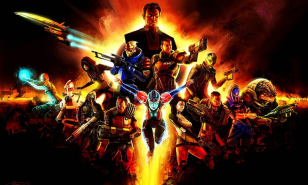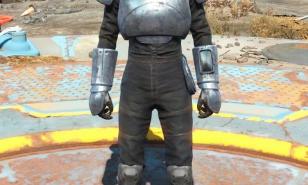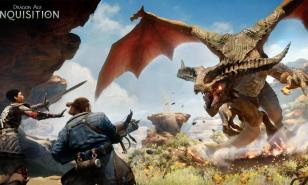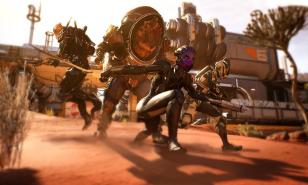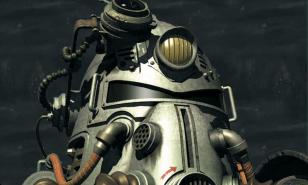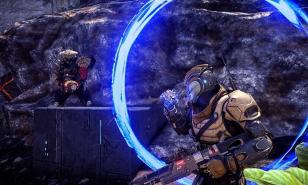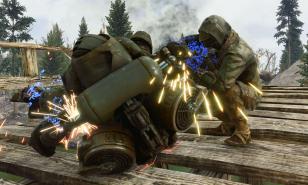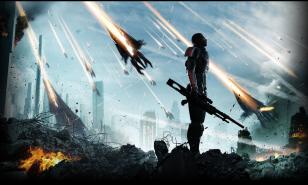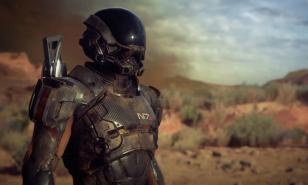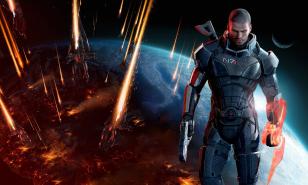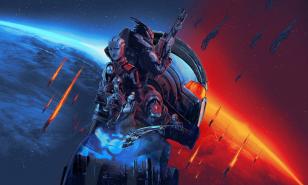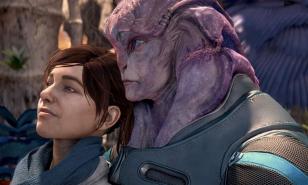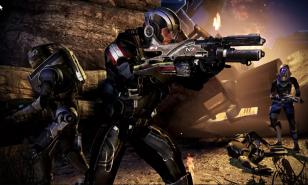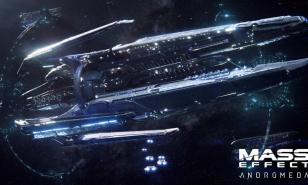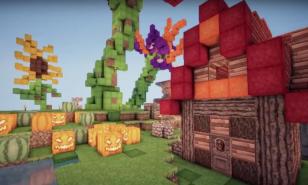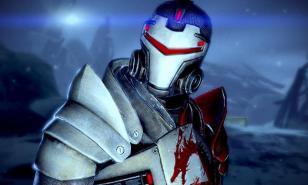Mass Effect 3: Is It Good or Bad?
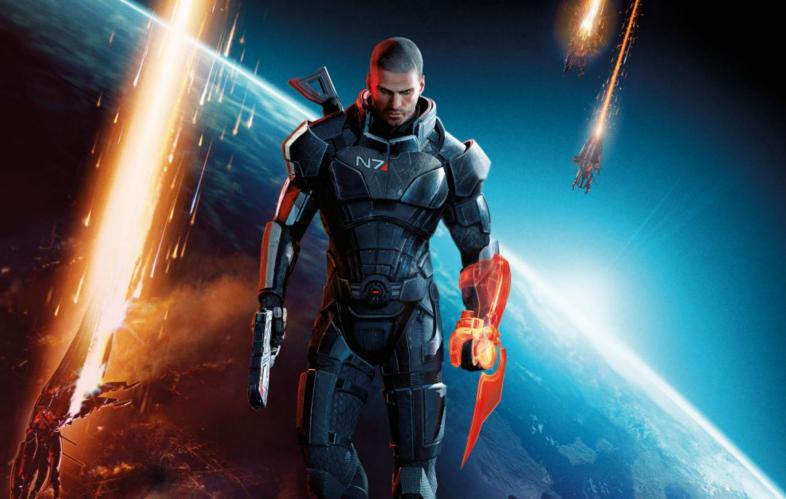
The Mass Effect Trilogy is beloved by fans, but does the final chapter cap it off well?
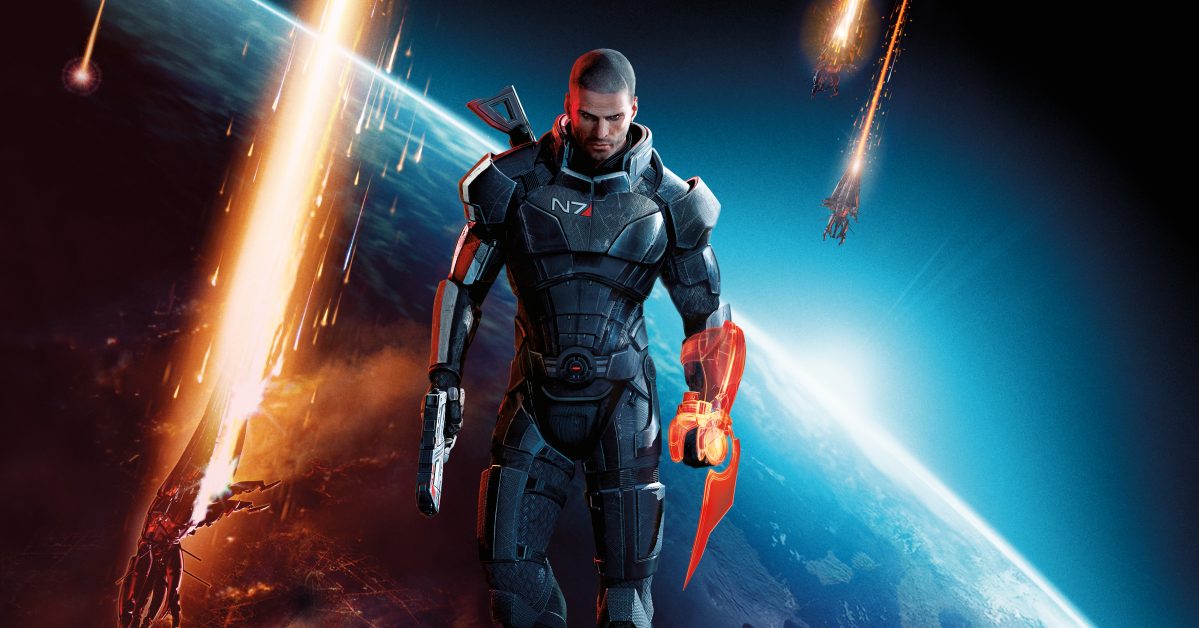
Nothing like a space warrior about to face off against robo-squids!
I'm enough of a fan to say that Mass Effect is one of the most impactful games ever made. They have shaped many of our preferences in gameplay, role-playing elements, as well as storytelling within the videogame industry. Of which I find to be the pillars that make or break these games for gamers. Because as idolized as these games are, no game is perfect.
About Mass Effect 3
For the uninitiated, Mass Effect is a Sci-Fi Action RPG that allows players to explore the galaxy in an effort to protect it from an ancient evil known as The Reapers. However, you aren’t expected to do this alone. Because the game allows you to assemble an elite team of the galaxy’s finest that will accompany you on missions to uncover hidden secrets of The Reapers and unite the galaxy in wake of their arrival. In a three-part saga, Mass Effect 3 picks up the tail end of a long and emotional journey that concludes the survival or the destruction of the galaxy as known.
Initially set to be released in 2011, EA decided to push back BioWare’s anticipated final addition to the Mass Effect trilogy to March 6, 2012, in order to remain competitive. This, of course, left fans disgruntled as they anxiously awaited for the most anticipated ending of a Sci-Fi fantasy since Star Wars. This may be an exaggeration, but numbers suggest otherwise.
Within the first 24 hours of release, the game sold 890,000 copies and 3.5 million in its first month. This resulted in Mass Effect 3, with a budget of $40 million, becoming Bioware's best-selling game to date with a total of 7 million copies sold. Even outshining Mass Effect 2’s performance selling 5 million copies. With that said, did the games perform as well as they sold?
Mass Effect 3’s Story
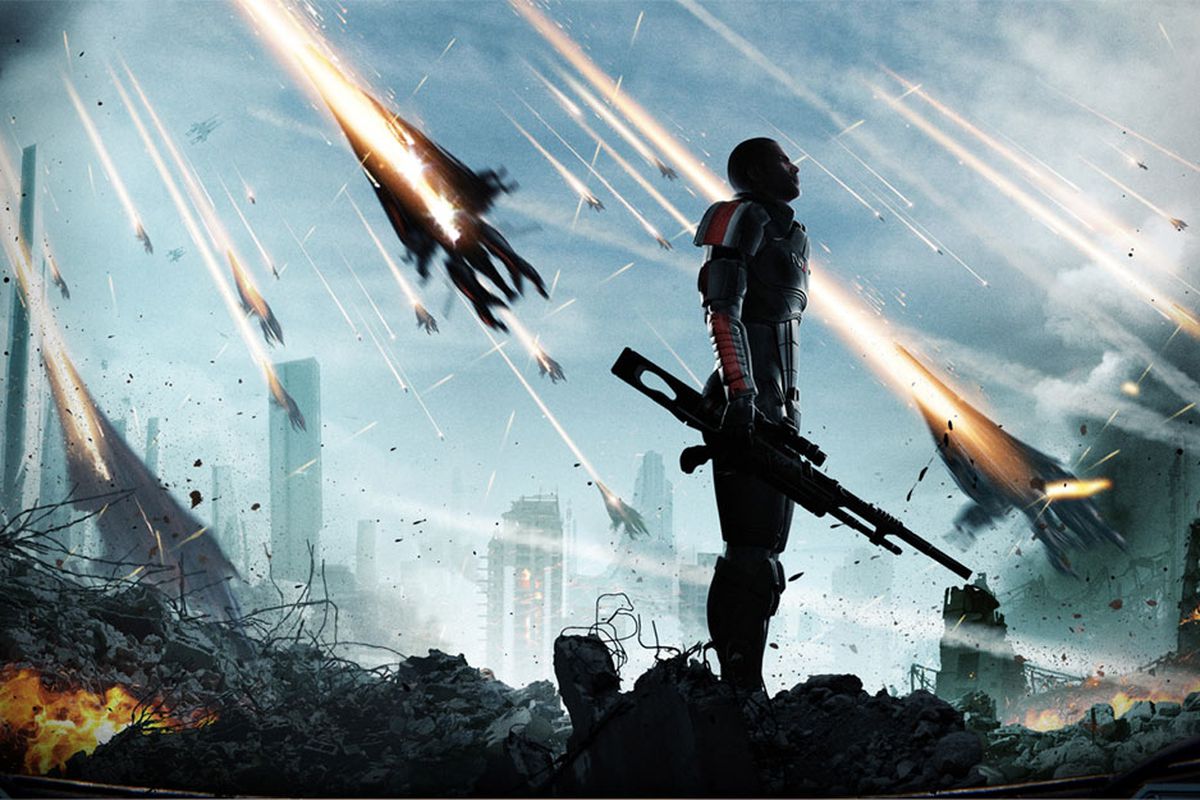
Concept Art of Commander Shepard finally witnessing the arrival of The Reapers.
First let’s assess possibly the most notable aspect of the Mass Effect games: The Story. Throughout these games, players venture on the journey of Commander Shepard. A human soldier who is chosen to represent the Human Race, as well as the galaxy, as a Spectre. Spectres are chosen for qualities as efficient soldiers and leaders to keep order in the galaxy, but for Shepard, the journey is far more challenging than for any other.
In the previous two games, Shepard gathers unlikely allies and fights an assortment of adversaries in preparation for the return of an ancient alien race known as The Reapers. Every 50,000 years The Reapers return to the galaxy to wipe out all intelligent life, and none before have been able to stop them. Still, if the galaxy is to survive, it is your task as Commander Shepard to fight against this unstoppable foe and venture to unearth a way to defeat them.
So for the final chapter of this suspenseful adventure, how does it compare? Well, to be fair the overall story and journey to gather allies and solutions to fight against The Reapers is quite thrilling. The game does a fantastic job of giving you an engaging last hurrah as you go through an emotional rollercoaster of claiming victories while all together suffering terrible losses. As it should be, the game certainly feels like the end of a hectic epic to survive a seemingly unwinnable war.
Yet, what most players, including myself, dislike about the game is the ending. Unlike the first two games, this game is not just ending this particular chapter because it also has the responsibility of concluding everything that came before it. Therefore, everything at this point has to pay off.
All the choices made by the players that shape the story have to lead to a satisfying end. Because their progression in the game’s story is a significant part of what made Mass Effect 3’s predecessor, Mass Effect 2, memorable. How you choose to play the game will determine your level of success.
However, Mass Effect 3 gives an engaging continuation of the overarching story that eventually falls short once the player reaches the end. Unlike the previous Mass Effect games, this game does not provide the player the same level of impact of their choices once they reach the endgame. Instead, the resulting climax leaves the player stuck with the task of picking the lesser between three evils rather than succeeding in the mission.
So, instead of the player finding reward for their commitment, they are given choices that lead to dissatisfaction. This doesn’t necessarily degrade the overall experience of the game’s story, but it leaves a bad taste in your mouth. Because no matter how much you dedicate yourself to a roleplaying experience that’s shaped by your choices, the endgame is not affected by it. This leaves players, including me, neglected of the satisfying ending that we wanted.
Mass Effect 3’s Gameplay
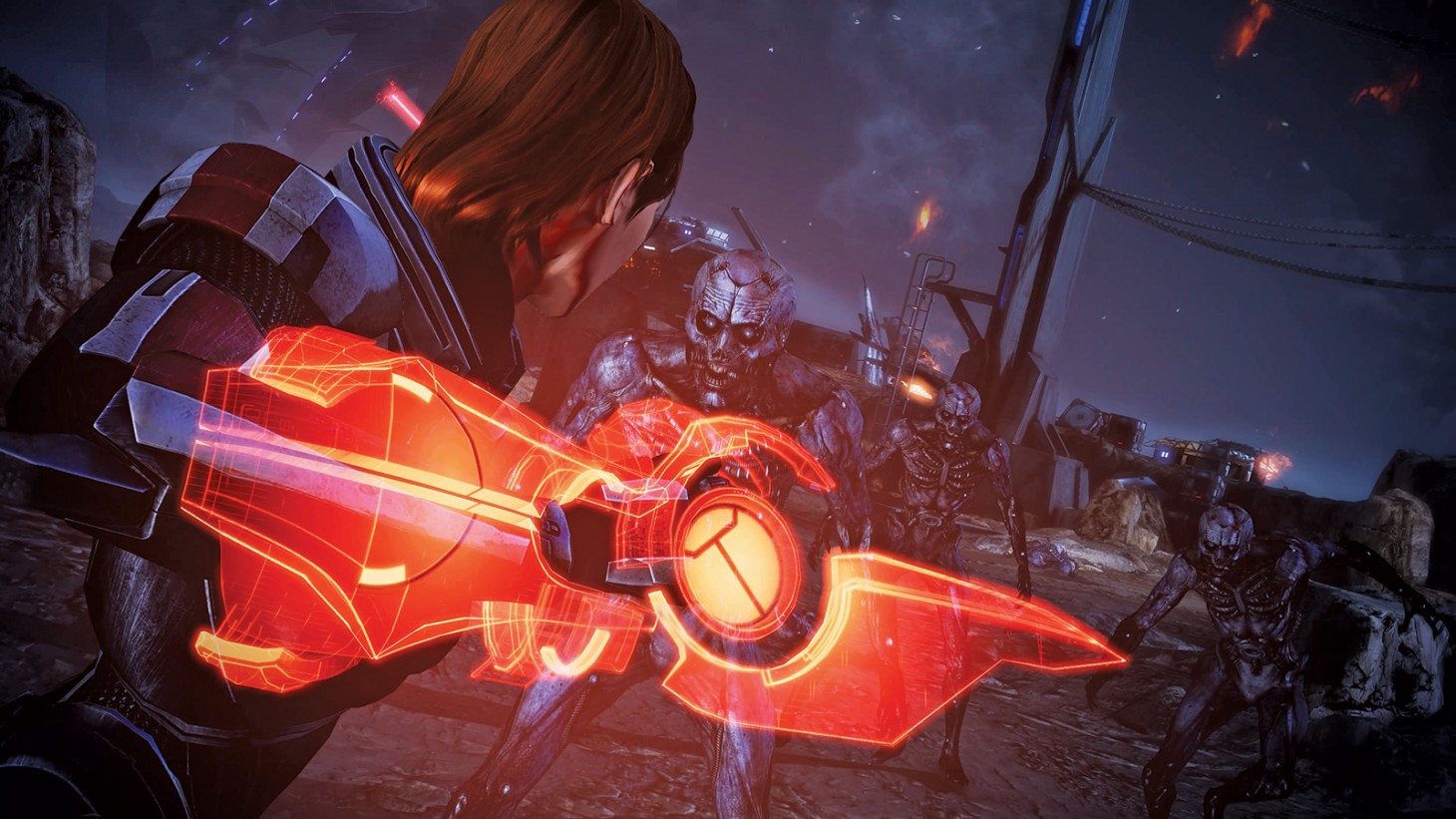
In-game footage of Commander Shepard using their combat abilities against Reaper minions.
Mass Effect 3: Part 3 *No Commentary*
Players may only have the one choice to play as Commander Shepard, but they certainly have the freedom to shape who this character is. Like the previous games, they have options to customize how Shepard looks, choose their gender, as well as their origins and backstory which will shape how the character fits into the story. However, most of these customization options are presets that are provided for the player.
The most desirable part of creating the character of Shepard is choosing their class which determines the players’ playstyle in combat. hat being is up close and personal as the Vanguard or striking from afar as the Infiltrator. Depending on which of the six classes the player chooses shapes their combat role as far as abilities and weaponry goes.
Outside of combat, the game is influenced by the roleplaying aspect of the game. Interacting with teammates, allies, regular NPCs, and key story characters will shape the outcome and enjoyment of the game. Choosing which dialogue to use, whether to act like a reckless rogue or even a levelheaded diplomat, will drastically affect what resources and allies you will gain or lose in this game. Even more, than the previous games, how you choose to interact with the world determines the level of success on a technical level.
The bulk of the gameplay may reside in combat or roleplay within main missions, yet side missions are available and limited. Additionally, exploration of a mission map or the Galaxy map is also limited in terms of scale. In other words, the most a player gets to explore in this vast galaxy is limited to what a player sees within a mission.
The most freedom that a player has to explore is at The Citadel and your ship, the Normandy. However, the side and main missions that the player has access to are still limited to traveling from point A to point B. Even when traveling on through the Galaxy Map, players can only land and explore confined areas of a dozen planets in the game. So as much as exploration is an active part of the first game, less can be said for the sequels, especially in this one.
Regardless, the game does provide players a plethora of intriguing NPCs to interact with during or outside of missions. While Mass Effect 2 has the best assortment of NPCs that you can interact with inside or outside combat, this game allows you to interact with those old favorites. Each former teammate adds a unique role to particular missions and story arcs, but some certainly shine brighter than others.
As for your teammates in this game, most are much more favorable than others. Mainly EDI & Vega fail to properly fill in the shoes of more attractive characters that the player may have interacted with in Mass Effect 1 or 2. Those that remain from the previous games allow players to feel immersed in this final chapter of the journey.
Allies and villains are also sort of mixed. Most, big and small, are engaging and a good part of the overall experience, but a few leave more to be desired. However, this difference doesn't degrade the enjoyment of the game.
As a whole, the gameplay varies from feeling very polished if not too much so. During development, BioWare had to make tough calls as they were building the game so that the game could be delivered within a limited time frame with limited resources. Resulting in particular sequences cut from the game and several aspects of the game that isn't satisfactory for players.
In other words, the inclusion of character customization would’ve given player’s a more hands-on relationship to the gameplay. Be it exploring vast planets and cities or even having more of a choice of who Shepard is as a character. However, what is polished and kept within the game still leaves an adequate smile on fan’s faces.
Mass Effect 3’s Combat
Mass Effect 3 Gameplay (PC HD)
More than the previous games, Mass Effect 3 has brought the fullest out of combat. Not that different from most third-person shooters, the game still offers the best combat experience from the trilogy. Cover mechanics, maneuverability around the map, and weapon/ability mechanics are at their peak.
Yet, more than in previous games, the character has less flexibility of changing the dynamic in upgrading their character’s abilities. The player has the benefit of feeling the reward of leveling up and upgrading their various combat abilities. Except, the skill system for each power limits itself to two branches that don’t differ much from another.
So while combat and leveling up is sharper, not much is added to stand out. Even with newer weaponry, the variety of inventory is almost a downgrade rather than an upgrade from the first. Furthermore, to fully experience the extent of this arsenal the player is limited to choose one class that is best suited for all weapons.
This may still be adequate but it leaves much to be desired for the final game in the trilogy. Because while it may be a precedent from the previous games, it keeps players from fully being able to get their preferred playstyle.
Lastly, the game features the first Multiplayer in any BioWare RPG. That might offer some rewards in progressing through the campaign. But it offers a singular mode that is not much unlike a “horde mode” side mission in the campaign.
Mass Effect 3’s Quest/Mission System
More than the previous games, Mass Effect 3 has the best adventure in the trilogy. The player feels the responsibility of overcoming overwhelming odds throughout the entire game. Especially during the final few missions of the game.
While the game could’ve delved deeper into the importance of allies and resources, the act of securing them in main missions more than makes up for it. More than any other game, players feel the importance of their choices and how it affects the flow of the adventure. Because the choices made could lead to dire consequences, and players catch on to that quickly.
However, despite how integral or satisfying the main story missions may feel, the side missions are incredibly weak Principally because of the design of the missions directory, navigating and tracking side missions is a real pain. Particularly when most mission descriptions of a side mission don’t provide any essential clues to search for an item via the galaxy map or a free roam location. This may not be the prime attraction of the game, but it certainly is a pitiful oversight in an RPG.
Mass Effect 3’s Graphics
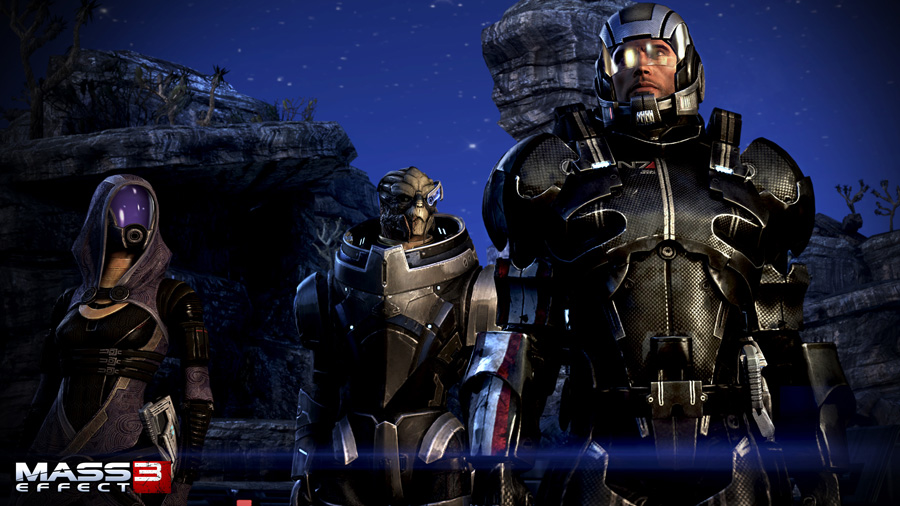
In-game footage of Commander Shepard bringing solace to Rannoch, homeworld of the nomadic Quarians.
The Evolution of Graphics: Mass Effect (2007 -2017)
As of its 2012 release, Mass Effect 3’s graphics hold up better than its predecessors. In its time, Unreal Engine 3 performed exceptionally well, however, compared to modern standards and progression in technology the game, like most, slowly loses its fresh touch.
With that said, the game still has graphics and character models that feel just as good as they were after launch. With the inclusion that combat graphics still hold up as they did upon release. The same could also be said for most of the cutscenes.
Excluding the more “intimate” cutscenes between characters that don’t age well. Due to the models missing the fluidity to exclude awkward animation that doesn’t look quite right. So, while the game still performs well, it requires an upgrade.
Mass Effect 3’s Developer
As mentioned before, the Mass Effect trilogy was developed by Canadian-based developer BioWare. However, because of their partnership, the game was distributed by EA. It may not seem important, but EA has had a recent track record of inhibiting the development of AAA games, especially from BioWare, to live up to competitive marketing decisions.
While that has inhibited the performance of more recent titles, by comparison, Mass Effect 3 because of EA’s influence in cutting leadership and the number of staff in teams suffered in performance. Specifically in its story and gameplay development. In consequence of most of their resources being redirected to the development of Star Wars: The Old Republic.
Naturally, this also resulted in the game having several bugs. Including misleading waypoints, freezes, environment bugs, NPC bugs, etc. Which were thankfully patched by the developer, but minor bugs remain to this day. Except at this point, patches and support to the game aren’t as available as they once were.
Mass Effect 3’s Price
Initially, the game was priced at $60.Premium editions of the game as well as DLC the game maxes around $90. Currently, the game can be purchased through EA Play at $4.99.
During its initial launch, the game was supported by the PS3, PC, and the Wii U. Except the game was primarily marketed and designed to perform best on the Xbox 360. Despite how much the performance improved on the PC.
Additionally, like a typical game from EA, the game did have microtransactions through its multiplayer. It was designed to improve the progression in the single-player campaign by purchasing menial loadout packs that didn’t benefit the multiplayer experience.
Final Verdict: 8.75/10
Pros:
- Interactive Roleplay
- Improved Combat Mechanics
- Thrilling Story
- Interesting NPCs, New and Old
- Great pay off from previous games for the most part
Cons:
- Weak Ending
- Lackluster Multiplayer
- Weak Mission Navigation/Tracking
- Present Bugs
- Not much to be desired as an open-world RPG
You may also be interested in:
Which Is The Best Mass Effect Game? Here We Rank All Mass Effect Games From Best To Worst
Image Gallery
- Log in or register to post comments
 Home
Home PC Game Trailers
PC Game Trailers News
News Menu
Menu





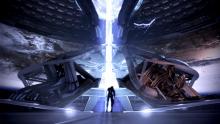
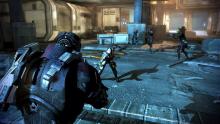

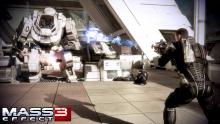
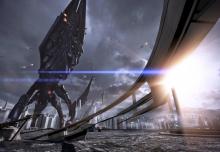

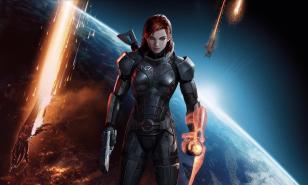
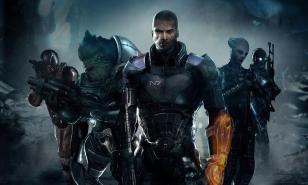
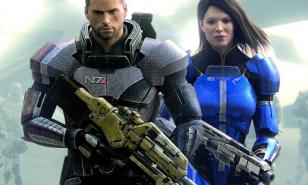
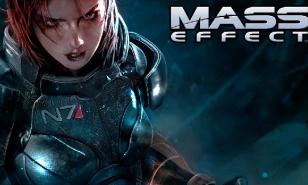
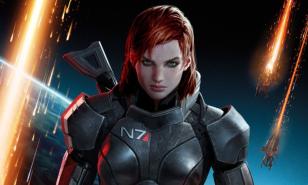
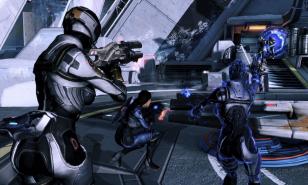
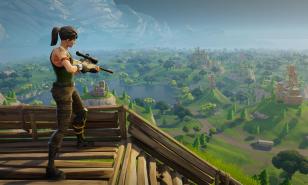
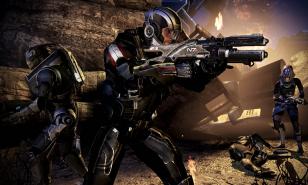


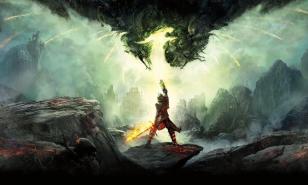
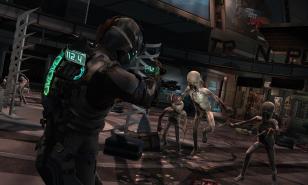
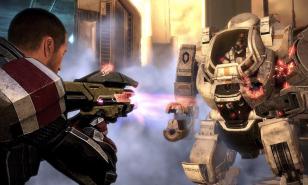

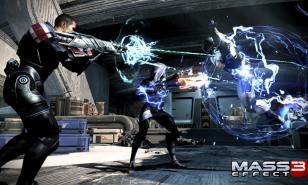


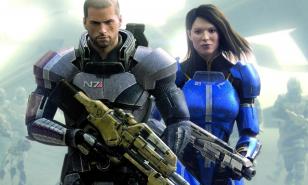
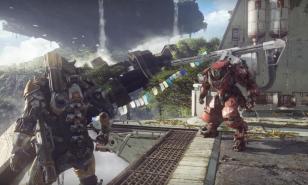
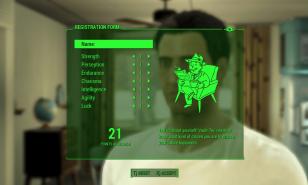
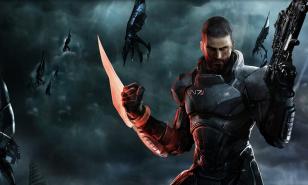
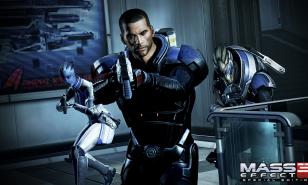
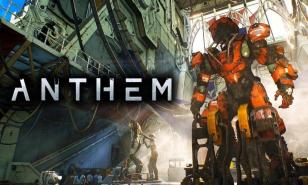
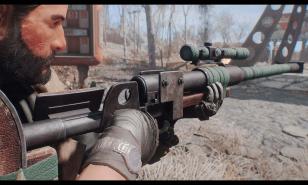
![[Top 5] Mass Effect 3 Best Chest Armor](https://www.gamersdecide.com/sites/default/files/styles/308x185-scale-crop--more-top-stories/public/top_5_mass_effect_3_best_chest_armor_and_how_to_get_them_1.jpg)
